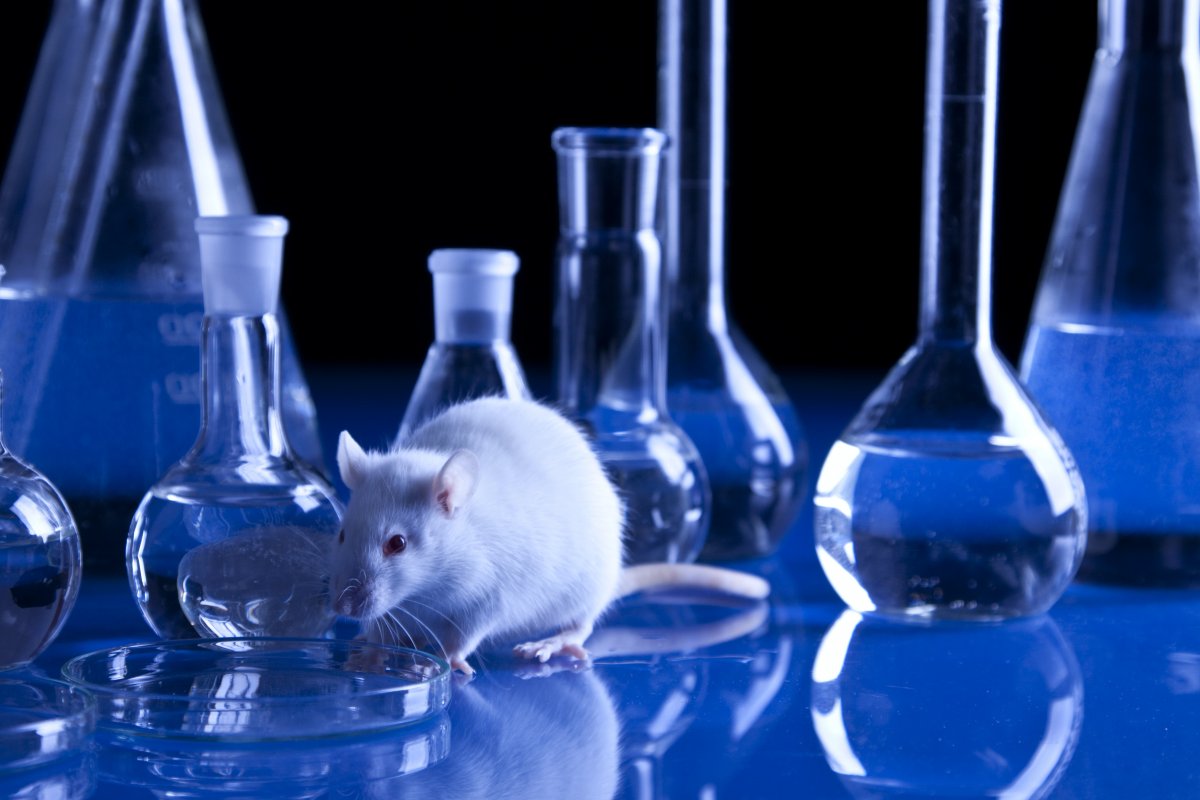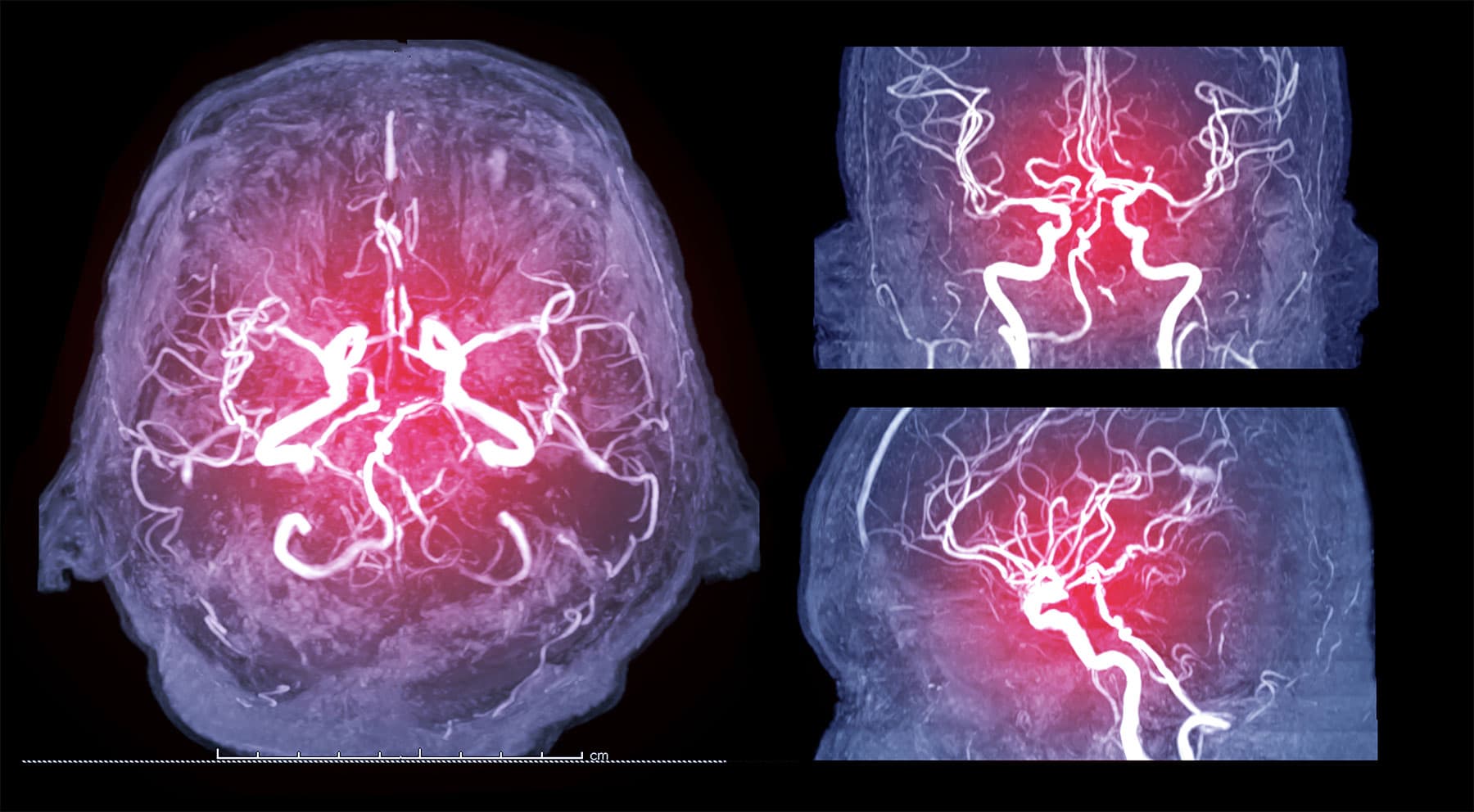Animal biotechnology has seen tremendous advancements in the past few decades. Technologies such as reproductive cloning, transgenic animals, and gene editing are being used globally to enhance animal production and genetics. Countries around the world have made large investments in animal biotech research and development. Many universities and private companies now have dedicated animal biotech departments conducting impactful research.
Some key areas where animal biotechnology is being applied today include disease resistance, dairy and meat production, pharmaceutical production, wool and fiber improvement, environmental protection and conservation breeding. Livestock animals like cattle, pigs, poultry are being genetically modified for traits like higher growth rates, feed efficiency, meat and milk yields using techniques like cloning and transgenesis. Researchers are also engineering animals to produce human therapeutic proteins and industrial enzymes in their milk. Gene editing is allowing for precise DNA changes to occur without incorporating foreign DNA. This is being hailed as a more precise and efficient method compared to older transgenic approaches.
Regulatory Framework for Animal Biotech
While the science of Global Animal Biotechnology has made significant progress, its application and commercialization remains regulated. Most countries and economic zones like the European Union, USA, Canada, Australia, New Zealand, etc. have crafted specific regulations for review and oversight of genetically engineered animals. Key aspects regulated include biosafety, environmental impact, food safety, ethical concerns and intellectual property rights. Field trials and commercial releases require permits and approvals from national regulatory bodies.
Products derived from cloned animals or their progeny also face restrictions in many nations due to perceived “unnaturalness” despite scientific evidence that shows them to be as safe as conventionally bred livestock. Regulatory frameworks are continuously evolving as new biotech innovations emerge. While some seek pragmatic regulations to enable innovations, others advocate for precautionary stances owing to uncertainties. Developing countries still face capacity issues in meeting complex regulatory requirements. Global coordination and harmonization of guidelines remains an ongoing process.
Consumer Perspectives and Market Adoption
Surveys tracking public perception show mixed views about animal biotechnology among consumers. While many appreciate potentials for increased food supply and nutrition, concerns around animal welfare, environmental impacts and “playing God” persist. Commercially sold products from cloned animals have faced backlash in some countries. However, demand also exists for “natural” and ethically produced meat and dairy. Transparency of production practices and labeling help address consumers’ right to information and choice.
Commercial adoption of animal biotech innovations varies across geographies depending on public acceptance, regulatory systems and market forces. The US continues being a pioneer with cloned bulls and pigs already in agricultural use. In the EU, constraints remain on transgenic animal production though gene editing faces fewer restrictions. Expanding middle class in Asia and Africa present huge opportunities but localized attitudes and affordability will influence uptake. Overall, a gradual shift towards greater acceptance is anticipated as tangible benefits materialize alongside stringent oversight.
Farm Animal Welfare Considerations
A major critique of intensive animal agriculture models that newer biotechnologies might enable is their potential effects on farm animal welfare. While innovations aim at being more productive and efficient, there are valid concerns about animals’ well-being and ability to express natural behaviors in highly technological systems. As farming moves “indoors”, issues around physical and psychological health of animals in confinement require close examination.
Developing genetic modifications only to maximize yield without incorporating adaptations ensuring animals’ comfort could be questioned on ethical grounds. Balancing productivity gains with Five Freedoms formulated by the Farm Animal Welfare Council remains imperative. Debate also occurs around routine practices like dehorning, tail docking, castration performed on genetically engineered stock. Monitoringanimal welfare on farms deploying latest technologies thus needs to go hand in hand along with economic and environmental monitoring for a sustainable future.
*Note:
1. Source: Coherent Market Insights, Public sources, Desk research
2. We have leveraged AI tools to mine information and compile it.



